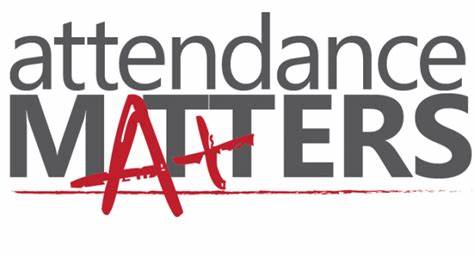- Middle Schools
- Vikings Handbook
- Attendance
-

Attendance plays an essential role in a learner’s success. Students who miss class time are at a greater risk of falling behind academically, socially, and emotionally. Our learners are expected to attend school on time 90% or more of the time when healthy to receive the optimal benefits of learning. Students who miss school more than 10% of the time are considered chronically absent and prompt school interventions and support.
There are no excused or unexcused absences in WCSD. The types of absences are exempt and non-exempt. Absences for which documentation is provided by a medical, mental, or behavioral health professional are exempt from consideration when calculating chronic absenteeism. All other absences, regardless of reason, are considered non-exempt and count towards chronic absenteeism.
If your child is ill and has symptoms that may be contagious (E.g., fever, coughing, vomiting, diarrhea), please keep your child home from school. It is the responsibility of the student to request make-up work from their teachers when they return to school after an absence. Students have the number of days absent plus one day to complete the work and be considered on time. Our learners are also encouraged to email their teachers for work or clarification of work.
Students Attendance in WCSD is governed by NRS Chapter 392 as well as Board Policy 5400 and all attached Administrative Regulations and Procedures. Please visit the WCSD Policy website for detailed information on policies.

Learners are considered “present” and “on time” for class when they are seated in their assigned seat before the tardy bell rings at the onset of each class period.
Tardy Progressive Behavior Expectations & Outcomes:
A 1st tardy will result in a warning.
A 2nd tardy will result in a teacher implemented consequence.
A 3rd tardy will result in a minor behavior referral and a phone call home.
Students who earn 2 or more minor behavior referrals for tardies will be issued a major behavior referral by their individual teacher or by their teacher team if 2 or more minor behavior referrals and documented parent phone calls have been made by one or more teachers.

